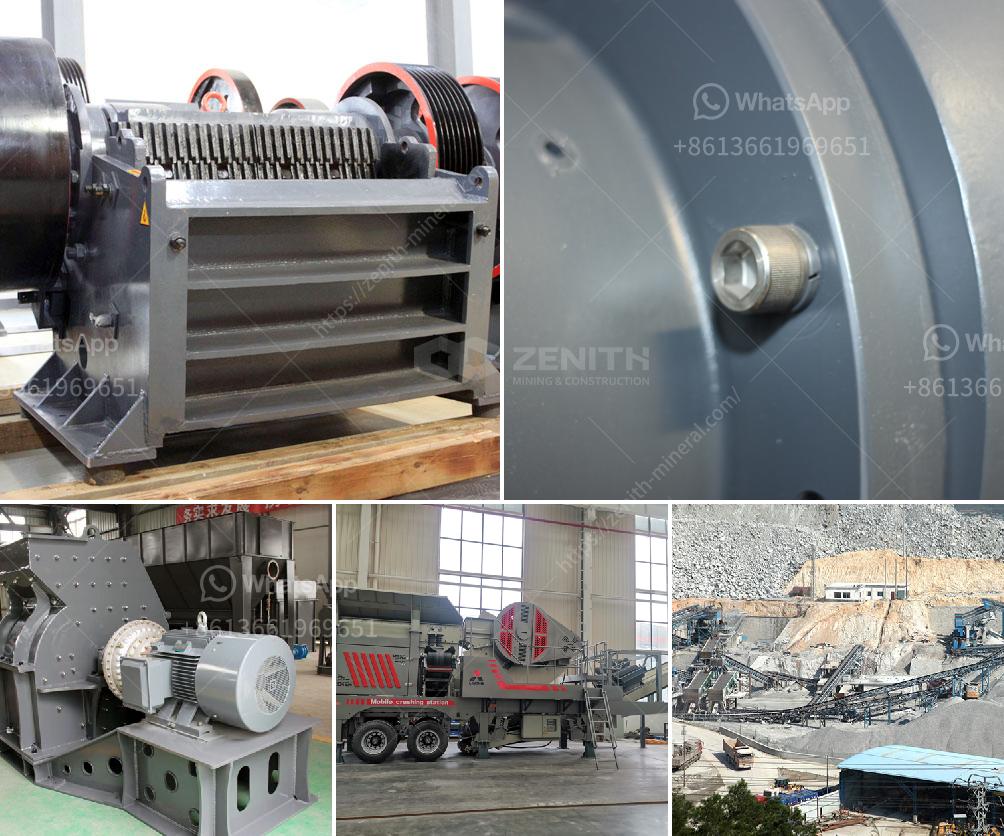Choosing the right primary crusher for your plant involves several important considerations to ensure efficiency, longevity, and optimal performance. Here are some key factors to guide your decision:
-
Material Characteristics:
- Hardness: Consider the hardness of the material you'll be crushing. For harder materials, opt for crushers with robust design and greater crushing force, like jaw crushers or gyratory crushers.
- Abrasiveness: Materials with high abrasiveness require crushers with wear-resistant liners and robust construction to minimize wear and tear, like cone crushers.
-
Feed Size:
- The crusher should be capable of handling the maximum feed size. Ensure the crusher's feed opening is larger than the material size to avoid blockages.
-
Capacity Requirements:
- Determine the required production capacity. Choose a crusher that can process the desired amount of material within a specific timeframe.
-
Desired Product Size:
- Identify the desired output size and ensure the crusher can produce the required granularity. Different crushers (e.g., impact crushers, hammer mills) offer varying degrees of size reduction.
-
Operational Considerations:
- Maintenance: Select a crusher that is easy to maintain and has accessible components for regular maintenance.
- Power Consumption: Opt for a crusher with efficient power consumption to reduce operational costs.
-
Space and Installation:
- Assess the available space and installation requirements. Compact crushers are suitable for tight spaces while larger crushers may require extensive foundation work.
-
Budget and Cost:
- Balance the initial investment with long-term operational costs. Sometimes, a higher upfront cost can lead to lower maintenance and operational costs.
-
Type of Crusher:
- Jaw Crushers: Ideal for primary crushing of hard and abrasive materials.
- Gyratory Crushers: Suitable for high-capacity primary crushing.
- Impact Crushers: Best for soft to medium-hard materials and producing a more refined output.
- Cone Crushers: Effective for secondary crushing and those requiring a smaller particle size.
-
Vendor Support and Reputation:
- Choose a reputable manufacturer that offers reliable customer support, access to spare parts, and a proven track record in the industry.
By carefully evaluating these factors, you can select the most appropriate primary crusher that meets your specific needs and optimizes your plant's productivity and efficiency.


